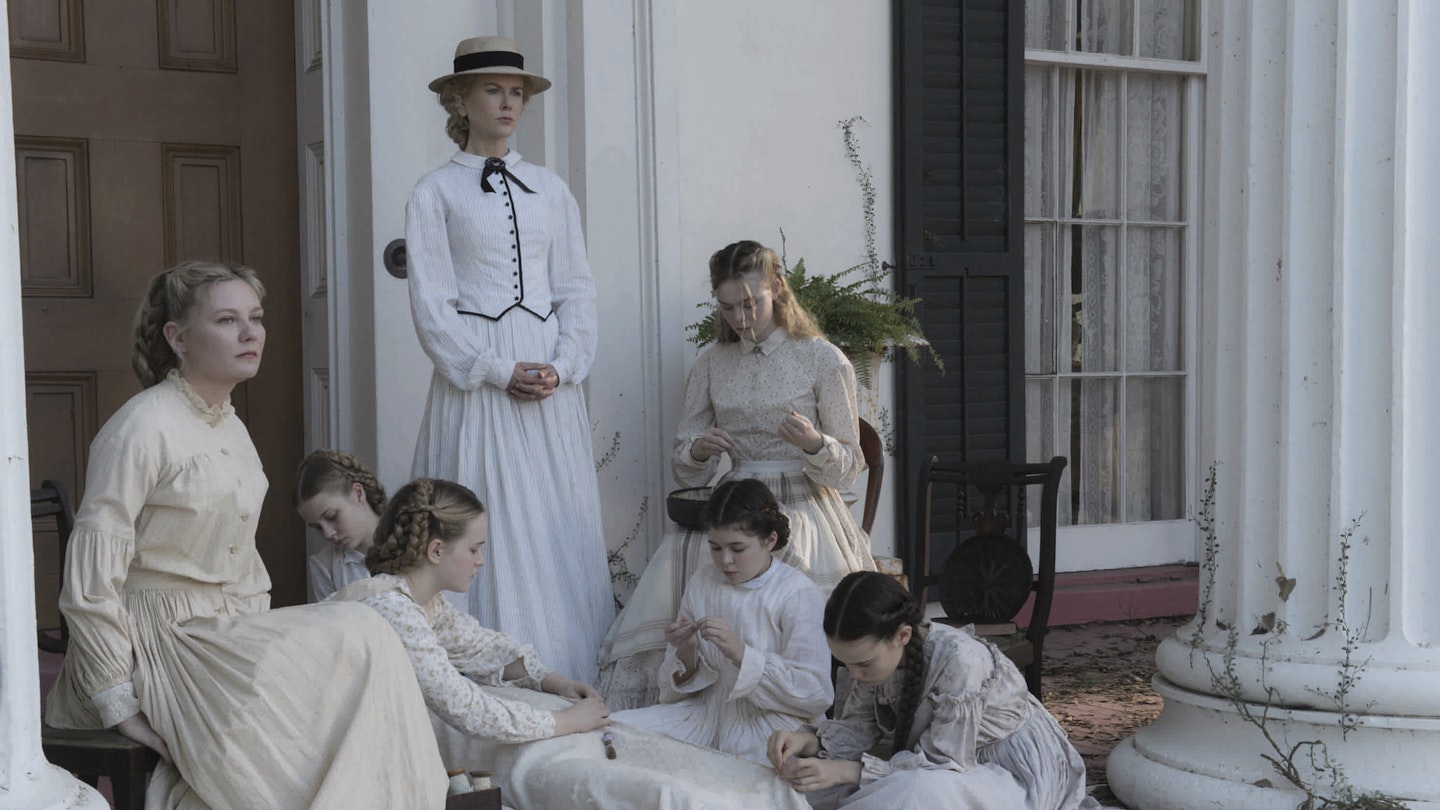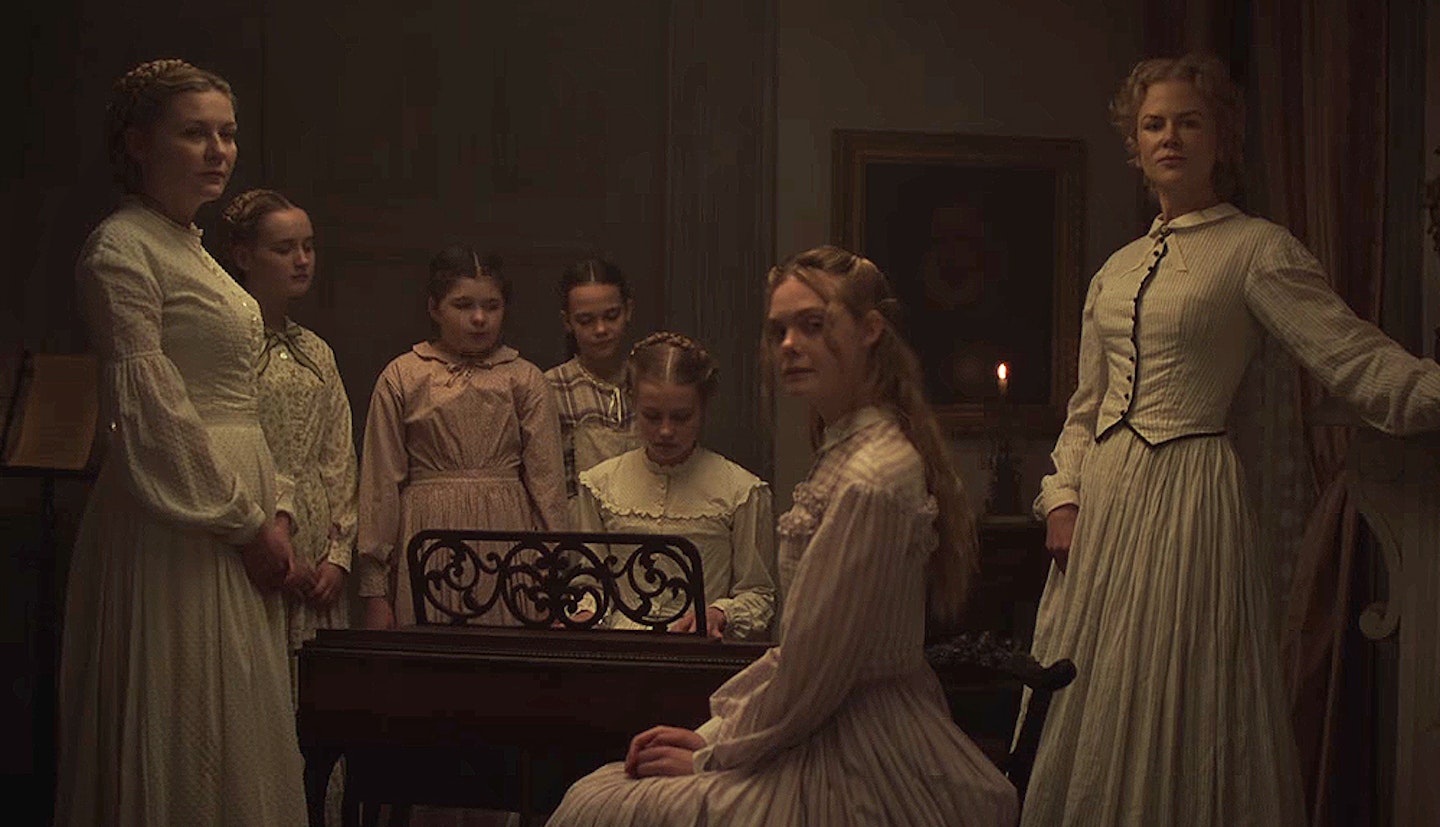
The biggest surprise about Sofia Coppola’s remake of Don Siegel’s 1971 Clint Eastwood vehicle is how much more conventional it is. Siegel’s film comes after the psychedelic ’60s at the dawn of the political, paranoid ’70s, with the decade’s anti-war zeitgeist, feminist movement and President Nixon’s dirty-tricks campaign.
Coppola seems to have taken out anything that might lend itself to interpretation in any meaningful modern way, starting most obviously with the African-American maid who featured in the original. It could be considered whitewashing, but the intention is to narrow the focus down to the story’s barest bones — an isolated, repressed community of women and girls who react to the presence of an attractive, charismatic man in their own revealing way.
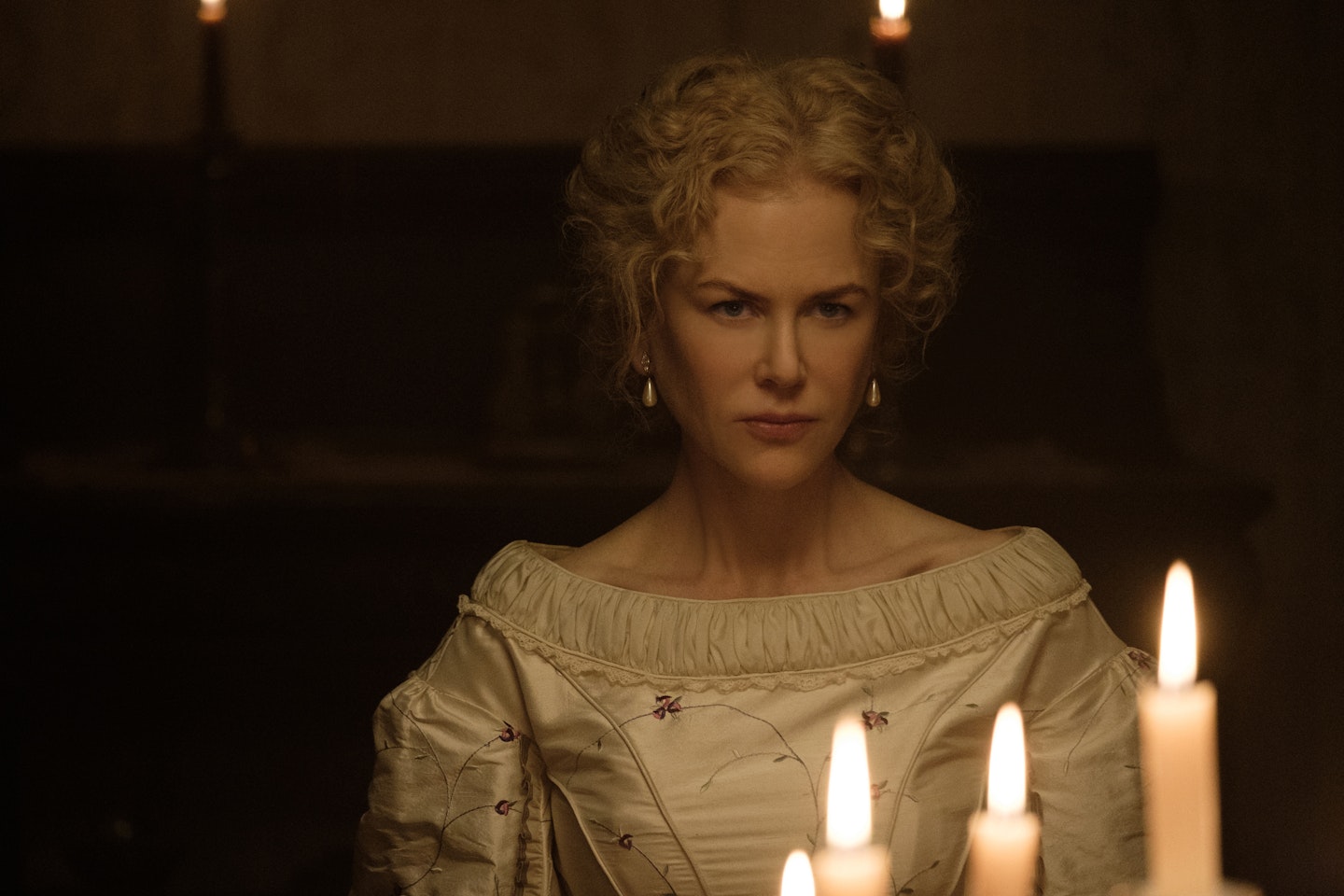
Elle Fanning [is] a standout as the determined Alicia, whose designs aren’t quite as ladylike as the others.
Eastwood let his ruggedly handsome star persona do most of the work. Farrell’s John McBurney however, comes with more ambiguity; using his own accent (which is explained), he plays a charming chancer, but a vulnerable man who lashes out when cornered — a subtle tweak that makes for a more satisfying climax. There’s also more humour; Coppola frequently pulls the rug out from under McBurney’s feet, having fun — at his expense — with the idea of what it really means to be the man of the house.
Enough of him, because The Beguiled is really about the women, and Coppola employs her cast to perfection. Nicole Kidman is the school’s motherly Miss Farnsworth and Kirsten Dunst her repressed underling Edwina. Under their charge we have a mixture of the innocent and the not-so-innocent, with Elle Fanning a standout as the determined Alicia, whose designs aren’t quite as ladylike as the others. The drama unfolds as McBurney begins to play one against the other, not realising that, as the web is spun around him — he is the fly and not the spider.
Coppola’s films can roughly be split into two groups — films about female camaraderie and films about female loneliness. In the former we find The Virgin Suicides and The Bling Ring. In the latter there’s Lost In Translation, Marie Antoinette and, arguably, Somewhere, which tells a father’s story from the perspective of his disappointed daughter. This is somewhere in the middle, the story of seven women alone together, and features some of her most enjoyable work yet.
The Beguiled’s haunting, immersive mood-world is far removed from the harsh digital reality of her previous film, The Bling Ring, proving she can turn her hand to whatever captures her imagination. And while it may not prove to be Coppola’s best or most lasting film (just as it wasn’t for both Siegel and Eastwood), it does reveal her as a constantly evolving, experimenting talent. And a filmmaker to cherish.
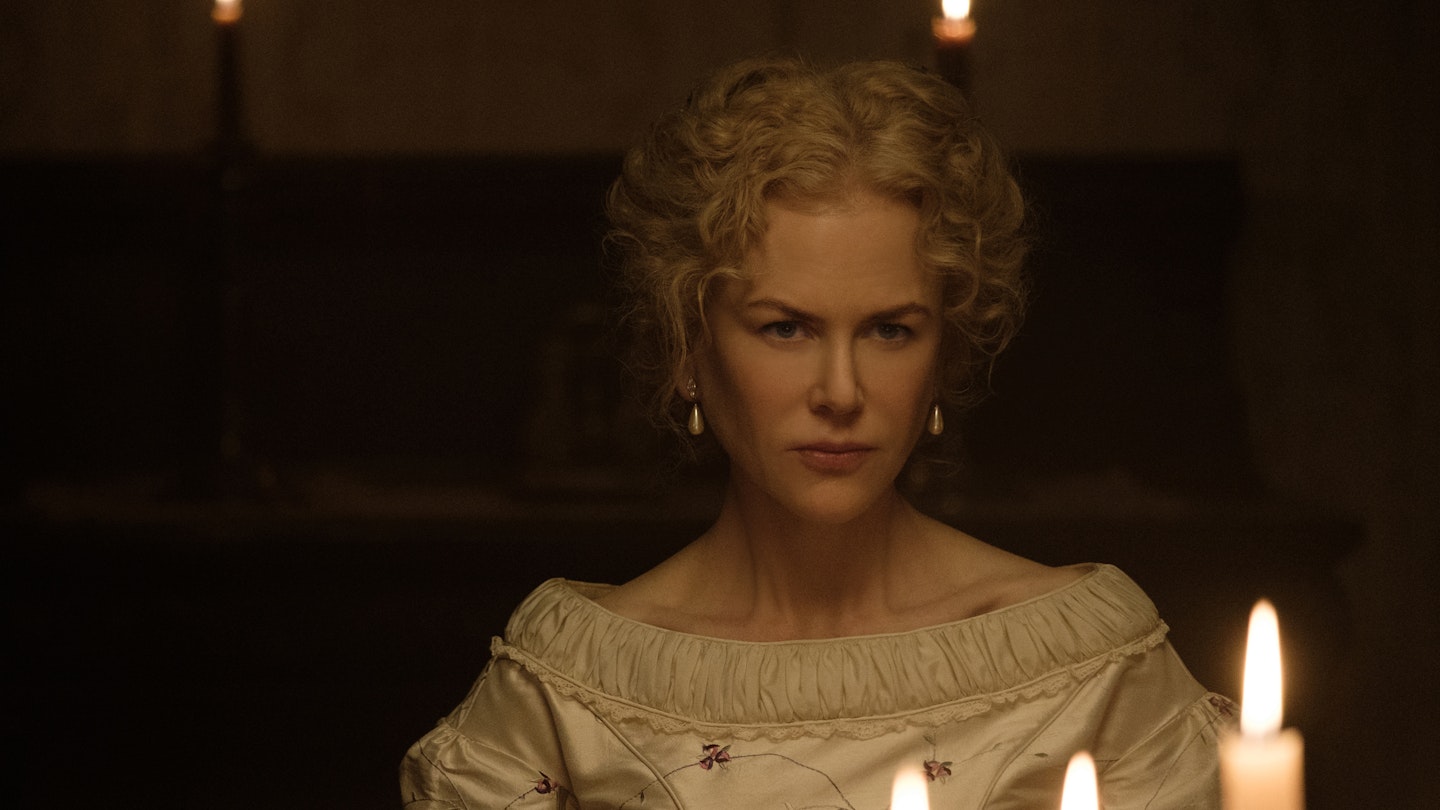

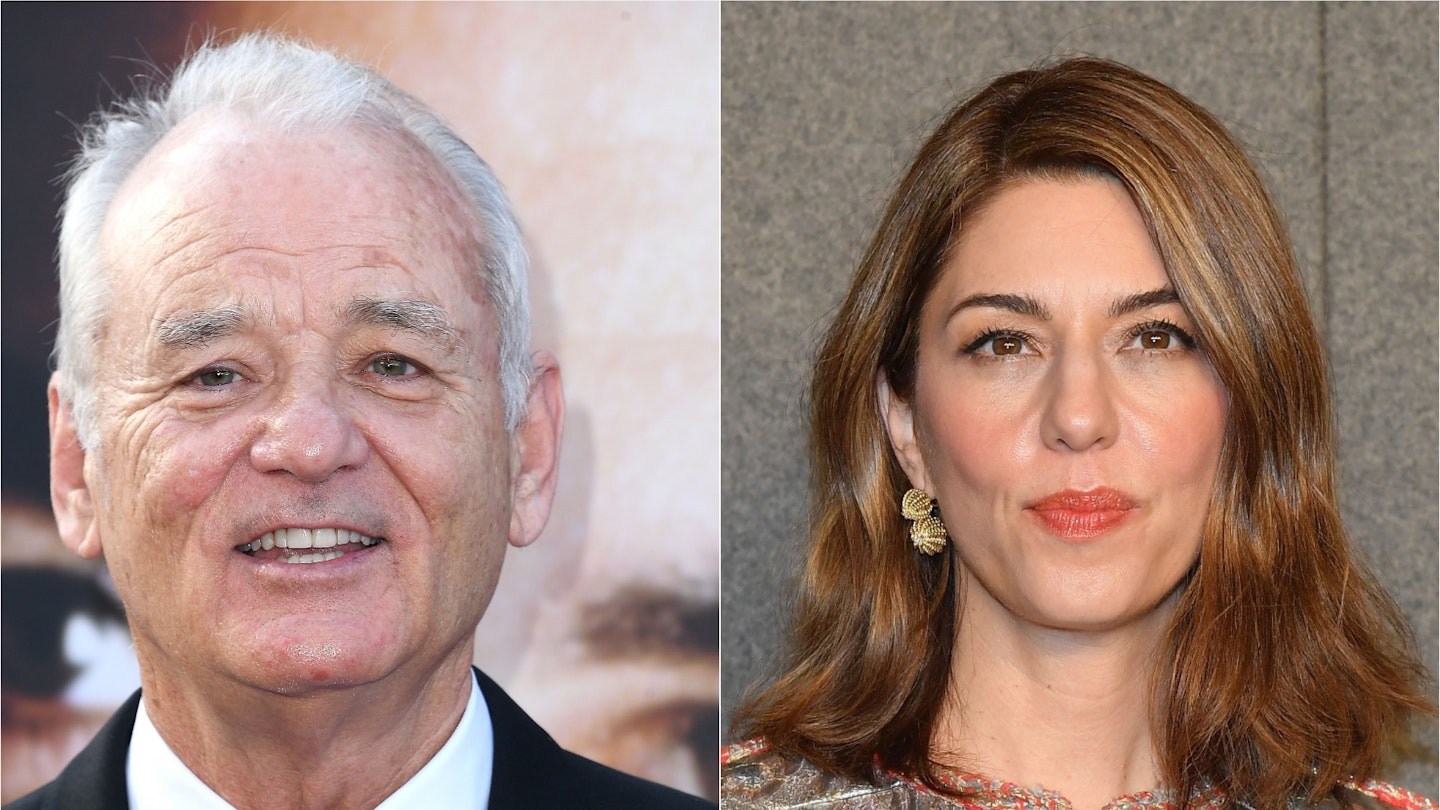
.jpg?ar=16%3A9&fit=crop&crop=top&auto=format&w=1440&q=80)


